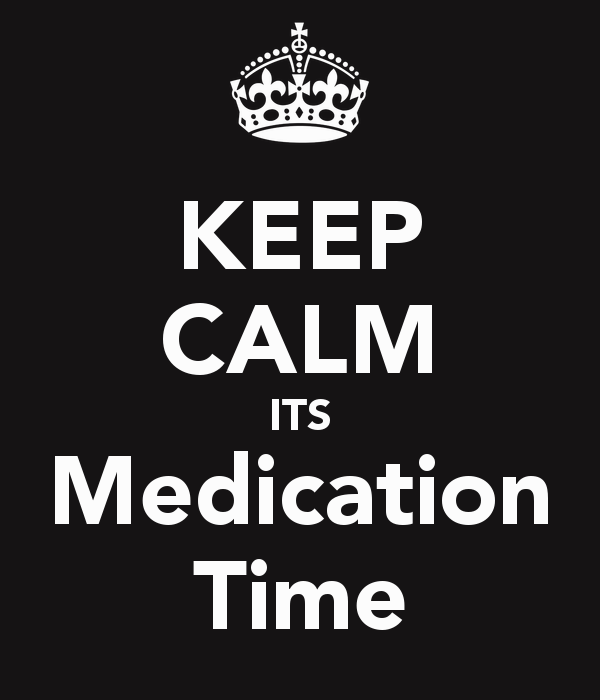The talk about establishing a third class of medications -- not requiring a prescription but being sold only after pharmacist consultation --- is (I feel) a worthwhile attempt to bring down some of the costs of health care in the United States. Canada and many European countries already do this. We already have a multitude of prescriptions written by non-M.D. prescribers, and to be honest, I think I am at least as qualified as some of them to offer someone an ounce of triamcinolone cream or some 600mg ibuprofen tablets. No, I am not trained in diagnostics or physical exams and would never attempt to do anything I'm not qualified for. But at this point in my pharmacy career I've probably seen hundred of thousands of prescriptions and inpatient orders --- and I HAVE been paying attention.
I think about this as I am checking my 70-millionth prescription for omeprazole, which is a product that is freely available over-the-counter but is still covered on many prescription plans. I think about the salaries of the technician who processes it, counts, labels and bottles it, and the pharmacist who checks it. I think about the overhead of the pharmacy that stocks it. I think about the salaries of the person who receives the patient's request for a refill, enters it into a computer, and the nurse (or sometimes pharmacist) who reviews it -- then if it doesn't fit the criteria for them to approve, bumps it up the ladder to the prescriber. He/she approves it, hands it off to the nurse/secretary/whatever who generates a prescription or prints or faxes it or calls the pharmacy and the cycle is repeated. In this case, all the people involved in this cost way more than the medication itself.
So many of our customers visit their doctors for minor, uncomplicated issues. Obviously, everyone has to know when to draw the line and realize when something is more than 'minor', but it seems to me that many of the prescriptions we process over and over again do not warrant the involvement of our vast, hugely expensive health care system.
When a perfectly healthy person wakes up with red, itchy, burning eyes one day -- well guess what, it's probably pink eye, probably viral, and probably will go away on its own in a few days. Most people will still go to the doctor for this, or at least some kind of walk-in clinic type of place. How about if they could come to the pharmacy, get a 3-day supply of antibiotic drops (useless for a virus, but at least they feel like they are doing something) with instructions to see their doctor if it's not better after that. The vast majority would be just fine and never come back. Done. Lots of money saved!
The time involved in processing, filling and refilling prescriptions for things like prenatal vitamins, the aformentioned prescription strengths of ibuprofen and naproxen , even things like Flonase nasal spray -- seems to me to involve too many people, all of whom are expensive. Don't get me wrong, there are plenty of sick people out there -- doctors and hospitals aren't going out of business any time soon. But I think there should be some intelligent assessment of many of the routine prescriptions that occupy so many people's time all the way up the chain. Time, paperwork, overhead, equipment, bottles, labels, insurance claims, personnel, physical plant -- it all adds up in that tiny li'l bottle of Polytrim eye drops.
And by the way, ENOUGH omeprazole!!
Monday, May 7, 2012
Subscribe to:
Posts (Atom)
